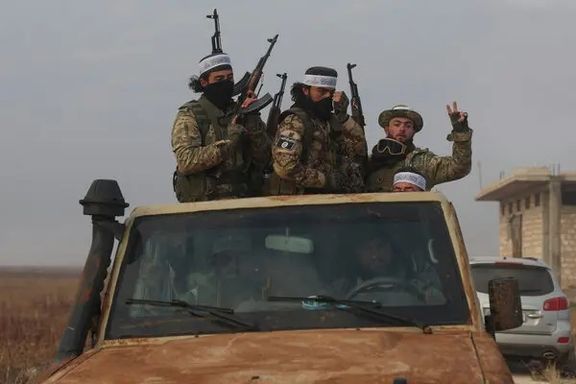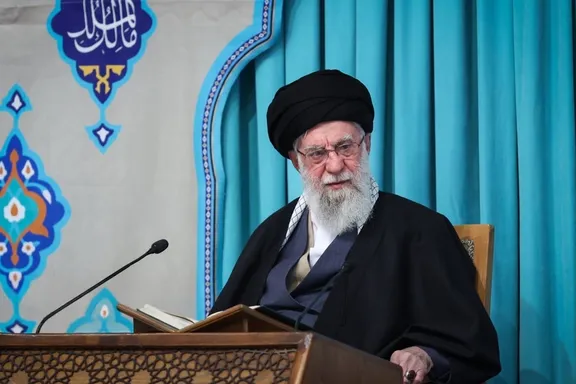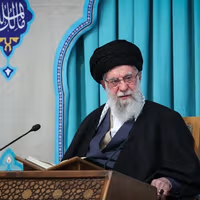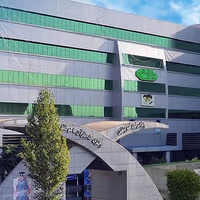The Abdorrahman Boroumand Center for Human Rights (ABC) highlighted in its report released on Thursday the legal struggles of 16 victims' families who sought justice within the Islamic Republic's judicial system.
Based on over 300 interviews conducted between the fall of 2022 and November 2024, the report sheds light on their ongoing struggle.
The 2022 Woman, Life, Freedom protests were ignited by the death of Mahsa Amini in police custody and erupted in September 2022 across the country, resulting in at least 550 deaths, thousands of injuries and tens of thousands of arrests.
"Inside Iran, state obstructions prevent the families whose loves ones were killed in the Women, Life, Freedom uprising to seek justice, forcing them to live without closure," said Roya Boroumand, executive director and co-founder of Abdorrahman Boroumand Center.
Despite global outrage and two years of legal efforts, justice for those killed or injured during the crackdown remains out of reach, with many cases still unresolved and families facing continued harassment.
The report outlines several key findings, including the state's refusal to cooperate with independent investigations, the persistent harassment of victims' families, and the use of financial settlements and intimidation tactics to prevent legal action.
In the rare instances where legal action was taken, the report says trials were often deeply flawed, with the judiciary failing to identify perpetrators or prosecute them effectively.
Among the few convictions, the case of Mehran Samak stands out. Samak was shot dead by security forces in Bandar Anzali during a protest in November 2022.
Despite the initial dismissal of the police chief involved, the case has been a rare example of accountability, with a military court sentencing the officer to death for premeditated murder. However, appeals and ongoing delays mean the sentence has yet to be carried out.
Similarly, the case of Mohammad Jameh Bozorg, killed during a raid on his home by security forces, led to the conviction of a member of Iran's Islamic Revolutionary Guard Corps. The report noted that even in these rare successes, authorities have engaged in obstruction, attempting to coerce victims’ families into silence or accepting financial compensation in exchange for dropping charges.
The report also added that families of those killed in the protests, including Mahsa Amini, Mohammad Arian Khoshgovar, and Kian Pirfalak, continue to face pressure.
In many cases, investigations into these deaths have either been closed or suspended without proper judicial follow-up. The report reveals that numerous families, including the Khoshgovar family, were offered "blood money" in exchange for dropping their cases, with some facing threats of unspecficied repercussions.
In another instance, during the "Bloody Friday" massacre case in Zahedan, judicial officials urged victims' families to accept blood money as compensation. However, the families rejected the offer, demanding the harshest punishment for the perpetrators and those who ordered the violence.
Internationally, the United Nations’ Independent Fact-Finding Mission on the Islamic Republic of Iran (FFMI) has sought to address these violations, highlighting the use of state violence, including unlawful killings, torture and sexual violence.
However, the Iranian government has dismissed the FFMI's findings, saying the report lacks credibility and legal standing, labeling it a politically motivated attack.
“By establishing an Independent Fact-Finding Mission on Iran, the international community took an essential step towards achieving accountability. Now it must act decisively to ensure that the Mission's recommendations for justice and reparations are implemented outside Iran," Boroumand added.
"By doing so, it will send an unequivocal message to Iran: Impunity for repressing protesters will no longer be tolerated.”
The Boroumand Center report emphasized that despite the setbacks, families and supporters remain determined to win justice and urged global solidarity to back those who continue to fight for accountability and reparations.









